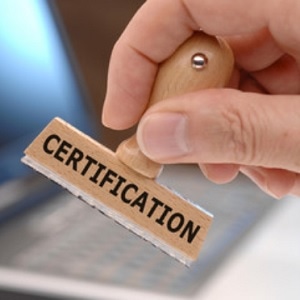Repsol has obtained ISCC PLUS certification for the first circular polyethylene and polypropylene tons that are already commercially available for its customers in Europe. Repsol’s circular polyolefins are obtained from oil from chemically recycled plastic waste not suitable for mechanical recycling, alongside conventional raw material. The firm has started certification of all its polyolefin production centers, obtaining the first for its industrial complex in Puertollano.

Recycling Plastic Waste to Produce Polyolefins
Repsol’s circular polyolefins are produced by feeding, as an alternative raw material, oils obtained from plastic waste not suitable for mechanical recycling. This waste would otherwise go to landfill. This new raw material is fed alongside conventional raw material at its refinery, reducing the consumption of non-renewable resources. By ISCC Plus certification, Repsol can allocate these savings on a specific share to the polyolefins produced in the complex.
Advantages of ISCC PLUS Certification
These certified materials ensure the traceability of the plastic waste used at the source and at the same time, offer the same quality and functionality as virgin polyolefins. The new portfolio of circular polyolefins grants Repsol and its value chain a new portfolio of products made from recycled material for applications that demand high standards of hygiene and safety, making them ideal for food packaging.
This certification proves Repsol's commitment to innovation, to the excellence of its processes, and collaboration with third parties. The company anticipates significant trends, offering leading products that help its customers meet the consumers' demand for more sustainable products and to promote the transition towards a new circular economy.